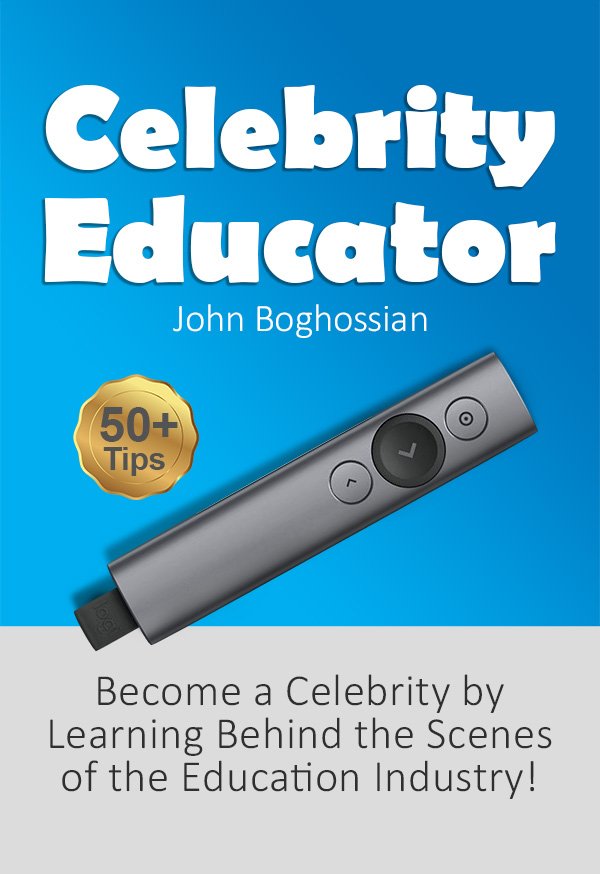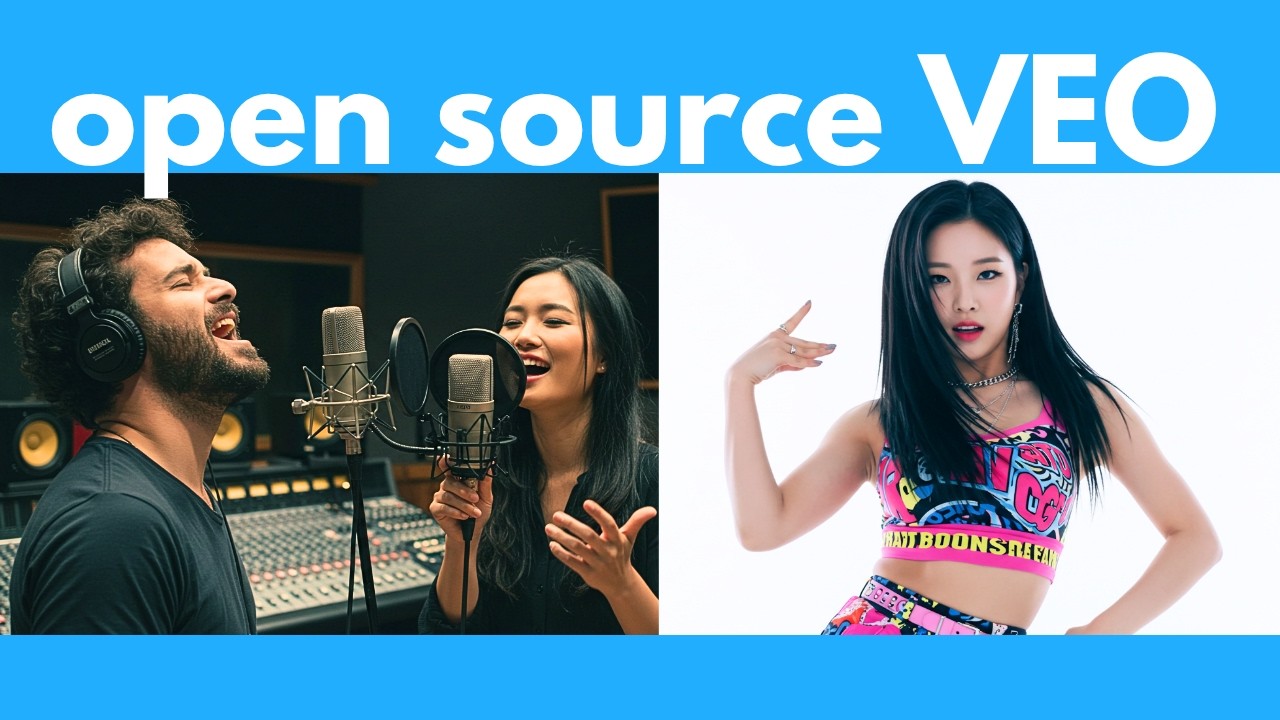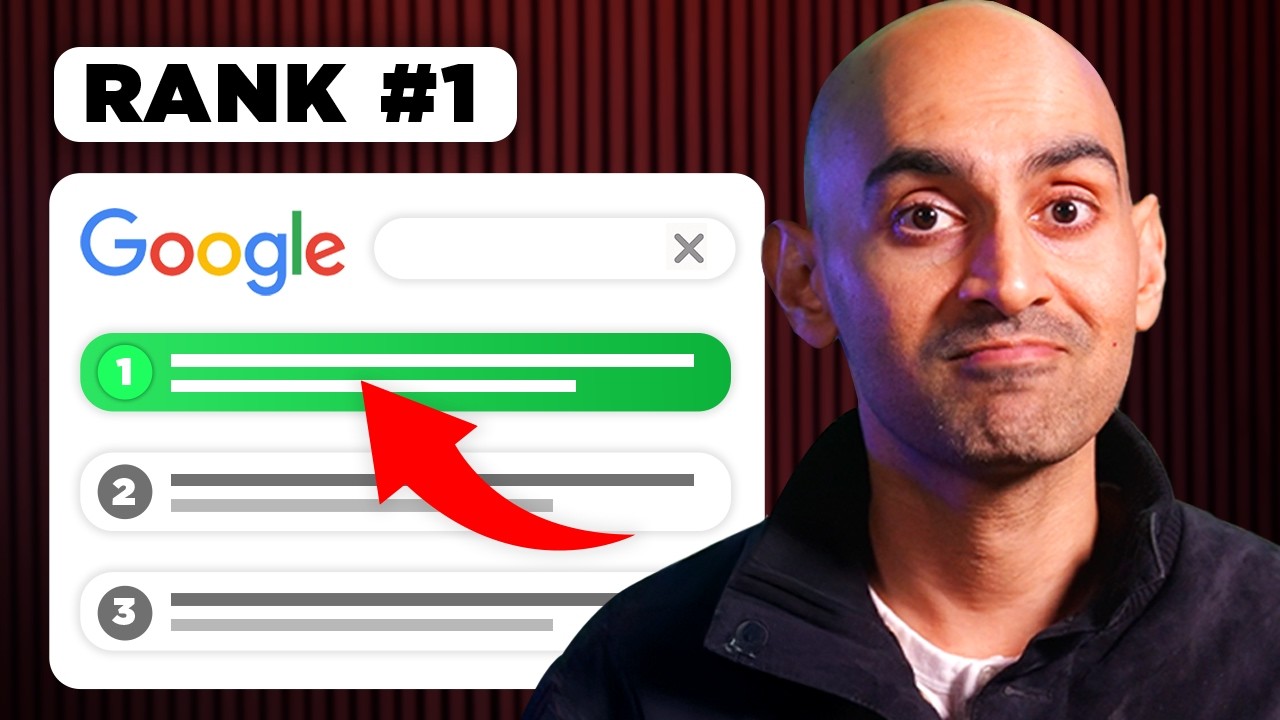Contents
Authoring a non-fiction book presents you with unique opportunities for financial success. By leveraging both traditional and self-publishing methods, you can optimize your income potential and reach a wider audience. In this blog post, you’ll discover how adopting a hybrid publishing approach can enhance your earnings, amplify your message, and give you greater creative control over your work. Dive into the advantages that await you as you navigate the dynamic landscape of the publishing world.
The Financial Landscape of Non-Fiction Publishing
Understanding the financial implications of non-fiction publishing is vital for maximizing revenue potential. The industry offers varying monetary opportunities, influenced by the publishing route you choose. Whether you lean toward traditional publishing or self-publishing, grasping the financial nuances can significantly impact your earnings and overall success.
Comparative Earnings: Traditional vs. Self-Publishing
The earnings potential for authors can differ dramatically between traditional and self-publishing. Here’s a breakdown of the average earnings you can expect:
| Publishing Route | Average Earnings Per Book |
|---|---|
| Traditional Publishing | $1,000 – $5,000 |
| Self-Publishing | $10,000 – $100,000+ |
Navigating Royalty Structures and Contractual Obligations
Your understanding of royalty structures and contracts will play a pivotal role in your success as an author. Traditional publishing often leads to lower earnings per unit sold due to the publisher’s cut and the costs related to production, sales, and distribution. Contract terms can also tie you down to long-term arrangements with limited earning potential. In contrast, self-publishing provides better control over royalties, with authors often earning 70-90% on their sales. However, this comes with the added responsibility of handling all aspects of publishing, from marketing to production.
Carefully evaluating contract terms from traditional publishers is vital. Look for clauses that might lock you into unfavorable conditions, such as non-compete agreements or lengthy repayment periods. Also, ensure you understand how royalties are calculated and when you’ll receive your payments. In self-publishing, while you retain more control, managing sales channels and payment structures can be complex, making it vital to set clear strategies for fulfillment and marketing to ensure robust revenue streams. Balancing traditional expectations with the independence of self-publishing can help you navigate these financial waters effectively.
Unlocking Diverse Revenue Streams
Diversifying your revenue streams is a smart strategy for any hybrid author. By blending traditional and self-publishing methods, you can tap into multiple income sources and significantly enhance your financial stability. Explore insights on the Publishing Pros And Cons: Traditional Vs. Self Vs. Hybrid to better understand how to craft your approach to maximize earnings.
Leveraging Multiple Formats: Print, E-Book, Audiobook
Expanding into various formats allows you to reach broader audiences. With print, e-books, and audiobooks, you can cater to different reading preferences and lifestyles. For instance, a significant portion of readers now opts for audiobooks due to their convenience. By offering your work in multiple formats, you’ll not only enhance accessibility but also increase your potential revenue.
Monetizing Expertise through Workshops and Speaking Engagements
Your non-fiction knowledge isn’t confined to the pages of your books; it can also translate into increased income through workshops and speaking engagements. Sharing insights directly with your audience provides not just a platform for earnings but also a chance to build lasting connections. When well-promoted, events can generate substantial revenue, especially if positioned as specialized workshops that probe deeply into your subject matter. Consider setting fees that reflect your expertise, while also factoring in costs associated with venue rental and marketing. The combination of book sales and direct engagement boosts both your visibility and income, making it a win-win for hybrid authors.
The Best of Both Worlds: Strategies for Hybrid Authors
Optimizing your hybrid author journey involves a set of refined strategies that leverage both traditional and self-publishing advantages. By understanding the nuances of each publishing route, you can create a tailored approach that maximizes your visibility and, ultimately, your income. Implementing key strategies such as creating a cohesive brand across various platforms and mastering networking techniques can set you apart in a crowded market.
Crafting a Cohesive Brand Across Different Platforms
Your brand is your identity as an author. Ensuring consistency across different platforms—be it a traditional publisher’s website or your own self-published books—helps establish trust and recognition. Align your messaging, design elements, and author bio to create a seamless experience for readers regardless of where they encounter your work.
Mastering the Art of Networking for Visibility and Sales
Making connections with fellow authors, industry insiders, and potential readers enhances your visibility. Engaging in local literary events, online forums, or joining writer groups can expose your work to a broader audience. Utilize social media effectively, sharing your publishing journey and insights, which can pique interest and drive engagement.
Networking opens doors to collaboration and promotional opportunities that can significantly boost your sales. For instance, co-hosting webinars or participating in podcasts allows you to share your expertise while tapping into the existing audience of the host. Additionally, consider reaching out to industry influencers for endorsements or guest blogging on prominent platforms—these tactics can amplify your reach and establish your authority in the non-fiction realm. It’s not just about selling books; it’s about cultivating relationships that will bolster your career long-term.
The Role of Marketing in a Hybrid Approach
Effective marketing is the bridge that connects your books with your target audience, especially within a hybrid publishing framework. By harnessing both traditional and self-publishing marketing strategies, you can maximize visibility and revenue. Using PR efforts from your traditional publisher alongside your own social media campaigns, email lists, and targeted ads allows you to create a comprehensive marketing plan. This dual approach not only promotes your book but also establishes your brand as an authority in the non-fiction space.
Targeted Marketing Techniques for Dual-Publishing Success
When you embrace a hybrid publishing model, targeted marketing becomes crucial for reaching your audience efficiently. Utilizing analytics tools, you can identify your demographic’s interests and preferences, tailoring your advertising efforts accordingly. Engaging in niche forums, relevant podcasts, and online communities enhances your visibility in spaces where potential readers congregate. The combination of a traditional publisher’s established marketing channels with your bespoke strategies can significantly boost your book’s outreach and sales.
Building and Engaging Your Audience Beyond Book Launches
Post-launch engagement is key to maintaining interest in your work and developing a loyal audience. Establishing regular communication through newsletters, social media updates, and interactive webinars can help keep readers invested in your journey. Creating valuable content that resonates with your audience—such as blog posts, podcasts, or online courses—demonstrates your expertise and reinforces their connection with you. Over time, this proactive engagement builds a community eager to support your future projects and publications. Regularly sharing insights, personal anecdotes, and behind-the-scenes glimpses into your writing process fosters a deeper relationship that goes far beyond the initial book launch.
Overcoming Challenges Unique to Hybrid Authors
Navigating the complexities of being a hybrid author can be challenging, yet understanding these hurdles is necessary for success. Resources such as Self-publishing vs. traditional publishing: How to choose can offer valuable insights. For instance, organizing your time effectively and managing relationships with publishers can pose difficulties that are unique to your dual approach.
Time Management: Balancing Speed with Quality
Your writing schedule must be agile enough to meet the faster pace demanded by self-publishing while still maintaining the quality expected in traditional publishing. Strong time management skills will help you navigate editing, marketing, and release timelines effectively. Creating a structured plan that allocates specific time for both paths can guide you in delivering high-quality content without burnout.
Navigating Potential Conflicts between Traditional and Self-Publishing
Conflicts often arise when managing your commitments to both traditional publishers and self-publishing projects. An awareness of contractual obligations will help you avoid disputes with publishers. Each avenue has different expectations regarding timelines and marketing efforts, so transparency between sides is key. For example, if you’re working on a manuscript for a traditional publisher, be sure to communicate with them about any self-publishing projects that may influence your availability or focus.
Addressing potential conflicts involves a strategic approach. Establish clear boundaries in your contracts to ensure both endeavors complement rather than hinder each other. Consider setting distinct release dates for each project and managing your promotional efforts accordingly. This way, you can maximize exposure and profit from both channels without overcommitting your resources. Both avenues can coexist fruitfully with thoughtful communication and planning.
Final Words
Following this guide, you can effectively harness the Hybrid Author Advantage to maximize your income potential in non-fiction. By blending the strengths of traditional and self-publishing, you gain flexibility and control over your work while also benefitting from established industry networks. Embrace this balanced approach to position yourself strategically in the market, allowing you to reach wider audiences and increase your revenue streams. As you navigate this exciting landscape, your unique voice and expertise can truly thrive.








